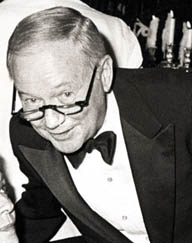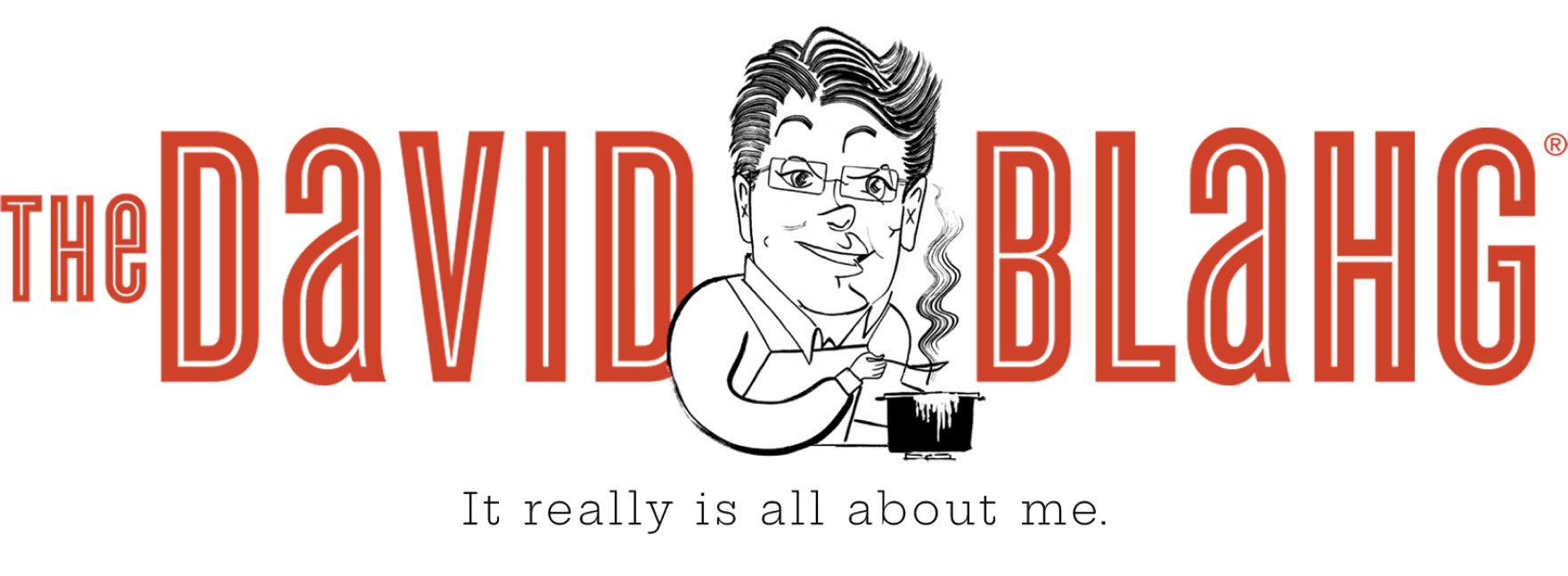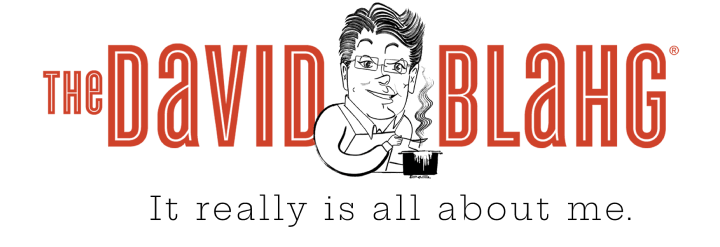
On June 11th, I had the pleasure and honor of being on a panel at The New School with some esteemed colleagues—John T. Edge, Anne Mendelson, Betty Fussell, and Molly O’Neill—to talk about one of the 20th century’s most important and controversal food journalists, Craig Claiborne.

Because I’ve been publishing Leite’s Culinaria for more than ten years, I was given the exciting and onerous task of discussing the future of food journalism, a topic about which if you ask 100 people you’ll get 125 responses. I was utterly terrified. To be in such company, who collectively have published enough about food to fill a library, was overwhelming enough. But then to grapple with a topic few people have a viable, concise answer to? (I had visions of suffering the same fate as many Elizabethan actors at the rotten-vegetable-filled hands of a displeased crowd.) After all, if people knew the future of journalism, they’d already be making money from it.
In my research I discovered that technology, with its Internet, mobile communications, computers, etc., is both an asset and liability to food writers. To tackle my topic, I chose to speak to leaders in the writing, publishing, and technology industries…aw, hell, it’d be so much easier, and you’d get so much more out of it, if you just watched the panel instead of listening to me blither on here.















You did a great job of highlighting some of the major positive and negative outcomes of new technology. Few people really seem to appreciate how technology is changing how we write and how we read, and you have made these issues very clear. I am very interested in the future of journalism, generally, and am always happy to view the subject from the perspective of a specific sub-arena.
One thing you haven’t considered when discussing the disappearance of newspapers on the printed page is that fact that not everyone has easy access to the internet. There are certainly unintentional classist assumptions hidden behind the idea that we can simply give up print. Many working class individuals don’t have cell phones or home computers and many of them pick up newspapers on the way to work. There are some good interviews with top journalists from several areas about issues influencing the future of journalism here that I have found very useful.
When considering giving books away, there is an interesting example in the music industry worth noting. The band Radiohead offered all of its most recent album for download on its website. Anyone could download it and you were asked to pay whatever you wanted, including nothing. Many people downloaded the album for free, but many payed. Ultimately the band made more than they had ever made previously through the traditional music industry paths. Perhaps offering a book up for “free” through a “pay what you think it is worth” model might be more successful than we think.
Bill, you’re right regarding the classist assumptions about the disappearance of newspapers, and the fact that not everyone has access to the Internet. But for the talk, limited to 10 minutes, we wanted to take that out of the equation and talk about the march toward paperless, or as paperless as possible, versions of print publications. What different industries were thing, how technology was impacting it, and what some how writers could even make a living.
And you’re spot on about the free aspect of business. I’ve read an advanced copy of Free: The Future of a Radical Price by Chris Anderson, which comes out July 7th. And there are, among other things, some very compelling notions of the distinct differences in marketing and business models between free in the 20th century, in pre-ditigal days, and free in the 21st century, when the Digital Age is at everyone’s fingertips.
Obviously I’m not speaking for David Leite, who your comment was addressed to, or for anyone but myself, but I think there are some “unintentional classist assumptions” regarding the Radiohead model as well.
First, as Kim Gordon recently pointed out, Radiohead was in a position in which they could afford to take a chance on giving the album away. They could afford to record it and afford to promote it (although it maybe didn’t need much in the way of conventional promotion since they already had a devoted fan base, and since the novelty of the business model was sure to draw attention on its own). I don’t think most serious journalists are in a position in which they could afford to do what they do for free as an experiment.
Second, the fact that Radiohead ended up making money surely says something about their fan base, most of whom, I am guessing, did not sweat their rent money to buy the $$$ deluxe edition of the album that came out a little while later. If journalism were to work the same way, the most prominent reporting would reflect the interests of the people who could afford to subsidize it, and I’m not sure that would be something to look forward to.